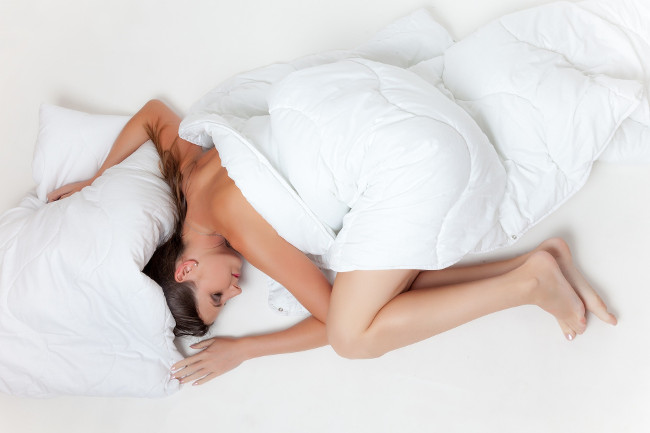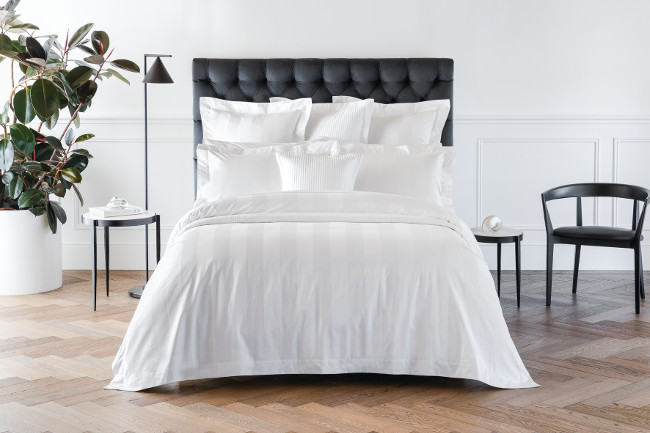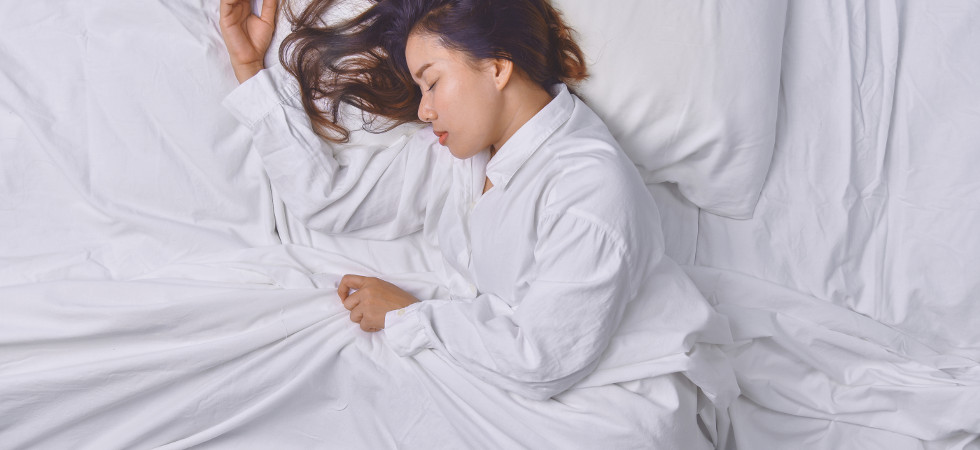When many of us consider what constitutes a good night’s sleep we think of those 8 hours (if we’re lucky!) between closing our eyes and the alarm so rudely interrupting our dreams all those hours later.
However, real rest begins way before this – about an hour and a half before you go to sleep – and it can last up to an hour after you wake. It makes you wonder why would you invest in a luxury mattress if you haven’t created a routine that can make the most of your time between those sheets? Scientists are telling us more and more that it’s less about the quantity of sleep and more about the quality, and the best way to make the most of your time in dreamland is by being suitably prepared.
We all lead different lives and have different stressors, so it stands to reason that we’ll have different night-time routines. It’s certainly worth considering what your personal needs are and creating a routine at night that will have you snoozing in no time at all. We’ve come up with a few pointers below to jump start your thinking, most of all, it’s about a ritual; training your mind and body each day so it starts to prepare itself for rest as soon as you start your wind down.

Put down the gadgets
Surely the most obvious and sometimes the hardest too, but getting rid of that screen plenty of time before bed is key. Smartphones, tablets, laptops and the internet of things has revolutionized the possibilities of connection, whether it’s with work, your loved ones, or a new passion in your life, it’s really tempting to stay on the phone all of the way up to lights out, and it’s often so hard to stop scrolling! But this is a mistake for several reasons, mainly granting work or other stressful news access to your bedtime routine risks stirring you up and making it much harder to relax. The urge to handle ‘one more thing’ becomes all that more tempting and, the next thing you know, it’s 3am and you’re typing out a work email that could easily have waited until morning.
Another risk of late-night internet surfing is the blue light often given off by these devices, which interrupts the production of melatonin – the hormone that controls your sleep/wake cycle. If your need to connect is a habit just too hard to break though then companies like Felix Gray are designing stylish glasses that can help filter this light.
Dim the lights
Using the same logic as the reasoning behind smartphones, it’s a great idea to introduce a cosy atmosphere by turning off the brightest overhead lights when you’re heading for bed. Lower lighting tells the body that the sun has gone down and speaks to the ancient internal clock within all of us that associates this feeling with sleep.
Rethink the lighting scheme in your bathroom and bedroom, consider a dimming system that will give you access to brighter light during the day, while softening up the atmosphere in your bathroom right before bed.

Watch what you eat and drink
Obviously, you’ll want to avoid caffeine, but did you know that consuming alcohol too close to bedtime could mess up your REM cycle? Alcohol disrupts brain activity, and while you may feel sleepy, the sleep you end up getting will be of significantly lower quality.
If you want to indulge in a cocktail or a heavy meal, try to do so one and a half to three hours before you go to bed so that you don’t experience sleep-wrecking indigestion. If you want a snack, try to find one with tryptophan (turkey, spinach, salmon, nuts, or yogurt) and pair it with complex carbohydrates. Also it’s surprising how effective a cup of warm chamomile tea can be an hour or two before bed.
Take a warm bath
A shower is a great way to wake you up in the morning, but if you’re like most, that’s the last thing you want straight before bed. If you have a bathtub and the time to devote to a luxurious soak, this could be just what you need to let your tired muscles relax and understand it is time to rest.
Take care when selecting bath products, however as certain scents work well with relaxation while others work to liven you up, so choose accordingly. Lavender, vanilla, chamomile, and valerian are all calm-inducing, while rosemary has been shown in research to reduce cortisol, which is the hormone released when we’re stressed.
It’s important to remember that the body rests best when its temperature is neutral or cool, so make sure you take your hot bath in plenty of time to let your body temperature cool back down so as not to undo the ‘hard’ work you’ve put in!

Dress the part
You wouldn’t go to a cocktail party in blue jeans, so why would you slip into your state-of-the-art mattress wearing old and frayed pyjamas. Look for fabrics that are soft against your skin and fuss-free to make you one step closer to a restful sleep. If you are a person who changes position a lot while you snooze, you may want to look at fabrics that stretch or move with you easily so you don’t get woken up trapped in your own clothing!
Designating special clothes for sleep works psychologically the same way that a uniform would, and your body gets the message. You are what you wear, and if what you wear is a pair of luxurious pyjamas, you might just be on your way to a similar quality sleep.
These days, sleep feels like a luxury, so let’s start treating it like the restful escape it is. Relax, unwind and go get some rest.






















